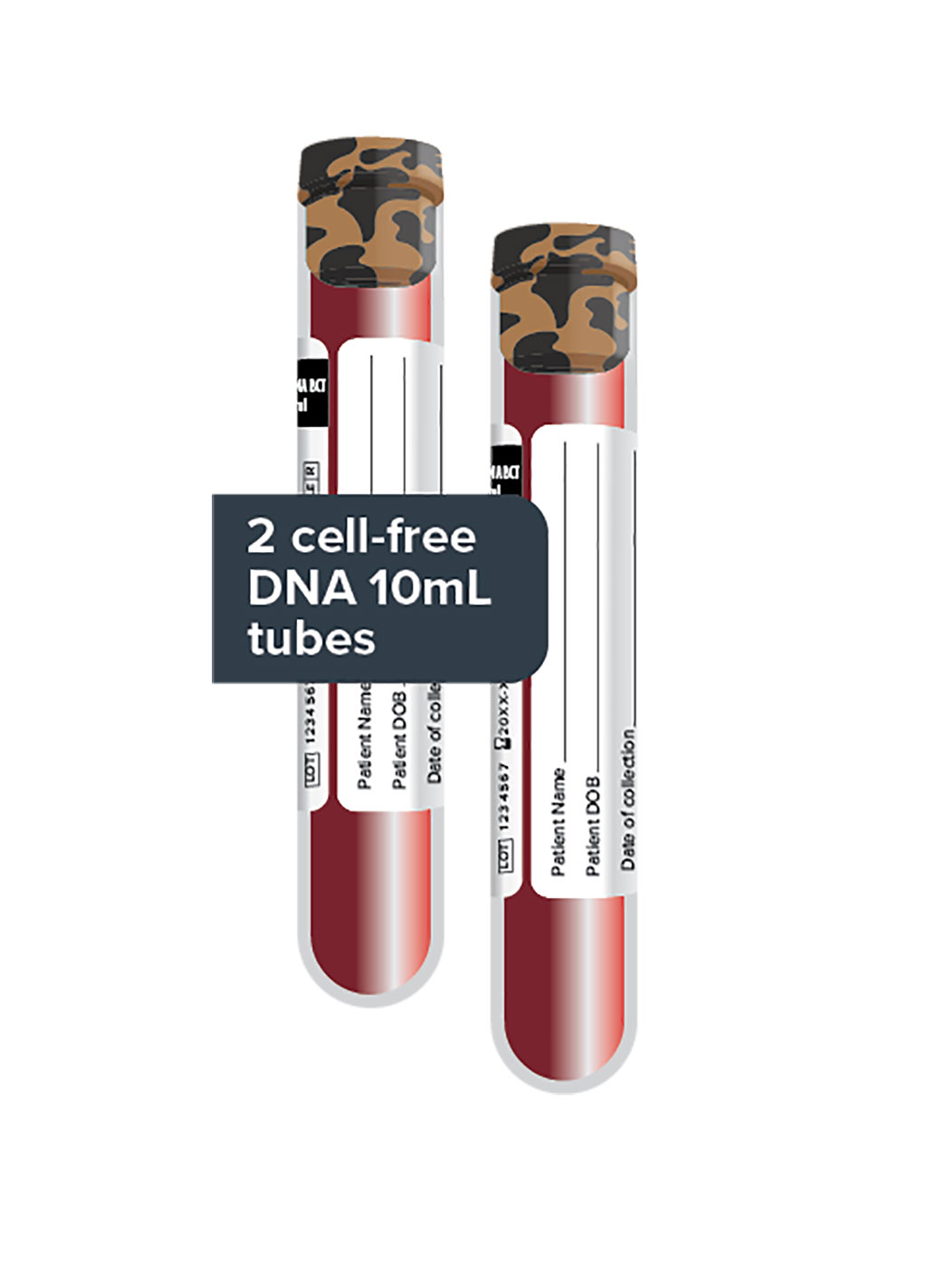Transplant Blood Test Uses Cell-Free DNA Technology to Assess Graft Damage in Recipients
Posted on 30 Jun 2023
Donor-derived cell-free DNA (dd-cfDNA) serves as a biomarker to evaluate the health of a transplanted organ and the risk of rejection. Following transplantation, a rise in dd-cfDNA can suggest potential organ damage and risk of rejection. Now, a new blood-based test can monitor signs of graft damage in transplant recipients by measuring the concentration of dd-cfDNA after liver and kidney transplants.
Oncocyte Corporation’s (Irvine, CA, USA) VitaGraft is a non-invasive, blood-based monitoring test for transplant patients. It leverages cell-free DNA technology to manage transplant rejection risk. Through ddPCR, VitaGraft identifies a patient-specific set of single-nucleotide polymorphisms (SNPs). A subset of these SNPs is selected from commonly shared, scientifically validated SNPs worldwide, facilitating differentiation between donor and recipient cfDNA. With the selected personalized assay, dd-cfDNA is measured using absolute and relative quantification, and the results are presented both in percentage and precise quantification of dd-cfDNA.

VitaGraft Liver and VitaGraft Kidney are designed to measure the concentration of dd-cfDNA post kidney and liver transplantation, respectively. These tests have varying diagnostic thresholds, meaning the amount of dd-cfDNA that can indicate potential organ damage is different for each organ. Even with minor elevation, the heightened sensitivity of dd-cfDNA offers independent diagnostic value separate from traditional liver function tests (LFTs), guiding the course of patient care with VitaGraft Liver. VitaGraft Kidney's dd-cfDNA technology could help avoid 86% of unnecessary biopsies due to elevated plasma creatinine in stable patients. While both tests quantify dd-cfDNA using blood, the initial test of VitaGraft Kidney requires a urine sample to set the patient's assay. Following the initial test, only blood samples are needed for all subsequent tests. The test can typically be conducted within a day, eliminating the need for donor genotyping.
“We believe that our patented method of assessing graft damage offers distinct benefits over competing and more invasive approaches,” said Josh Riggs, Oncocyte’s CEO. “Our test provides a simple, easy-to-use workflow, on droplet digital PCR, so researchers can perform in-house dd-cfDNA testing.”
Related Links:
Oncocyte Corporation














